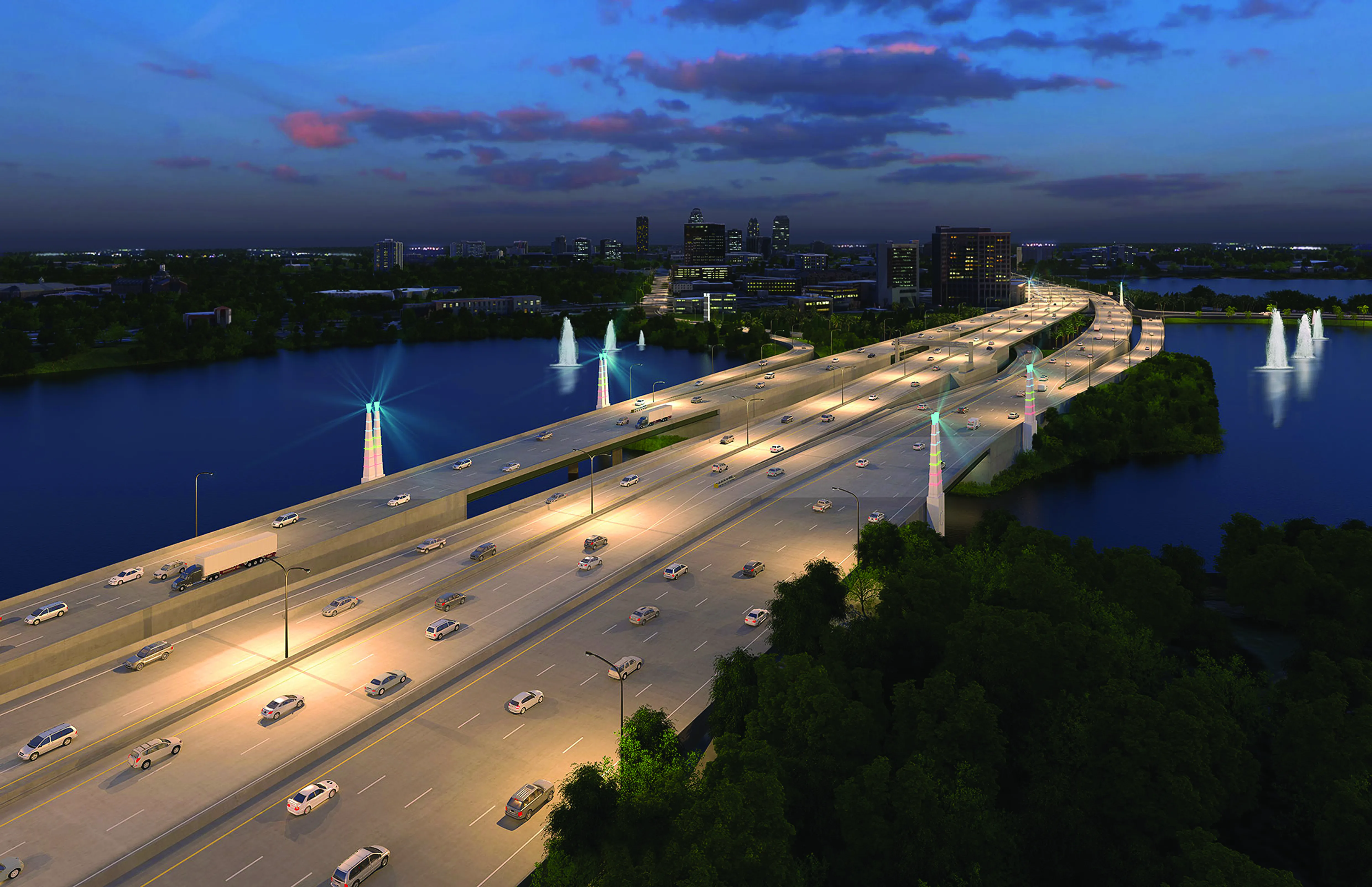Barbara W Reese, former deputy secretary of transportation for Virginia and CFO of the Virginia Department of Transportation (VDoT), has been named a principal consultant in the strategic consulting group of
Reese’s career, which spans over 25 years, includes her most recent role as director of finance for the city of Richmond, Virginia. Prior to this, she served as deputy director of policy in the Office of the Governor of Virginia. She spearheaded the implementation of the American Recovery and Reinvestment Act (ARRA) for the Commonwealth with responsibility for policy development, programme design and implementation, reporting, and auditing of Virginia’s $5 billion in ARRA funds. She also directed Virginia’s $2 billion high-speed rail programme, including oversight of the federal application process.
During her tenure as deputy secretary of transportation, Reese acted as chief public negotiator for the Capital Beltway HOT lane transaction, a Public Private Transportation Act (PPTA) project that was named Project Finance’s North American Deal of the Year in 2008. She also served as the Commonwealth’s project director for the Dulles Corridor Metrorail project, winning both federal approval and funding for this 23-mile extension of the existing Metrorail system that will provide transit service in the Dulles Corridor and a one-seat ride from Dulles International Airport to downtown Washington, DC.
Prior to her role as deputy secretary, Reese served as the first chief financial officer for VDOT, overseeing a $3.8 billion annual budget and 9,000 employees.








